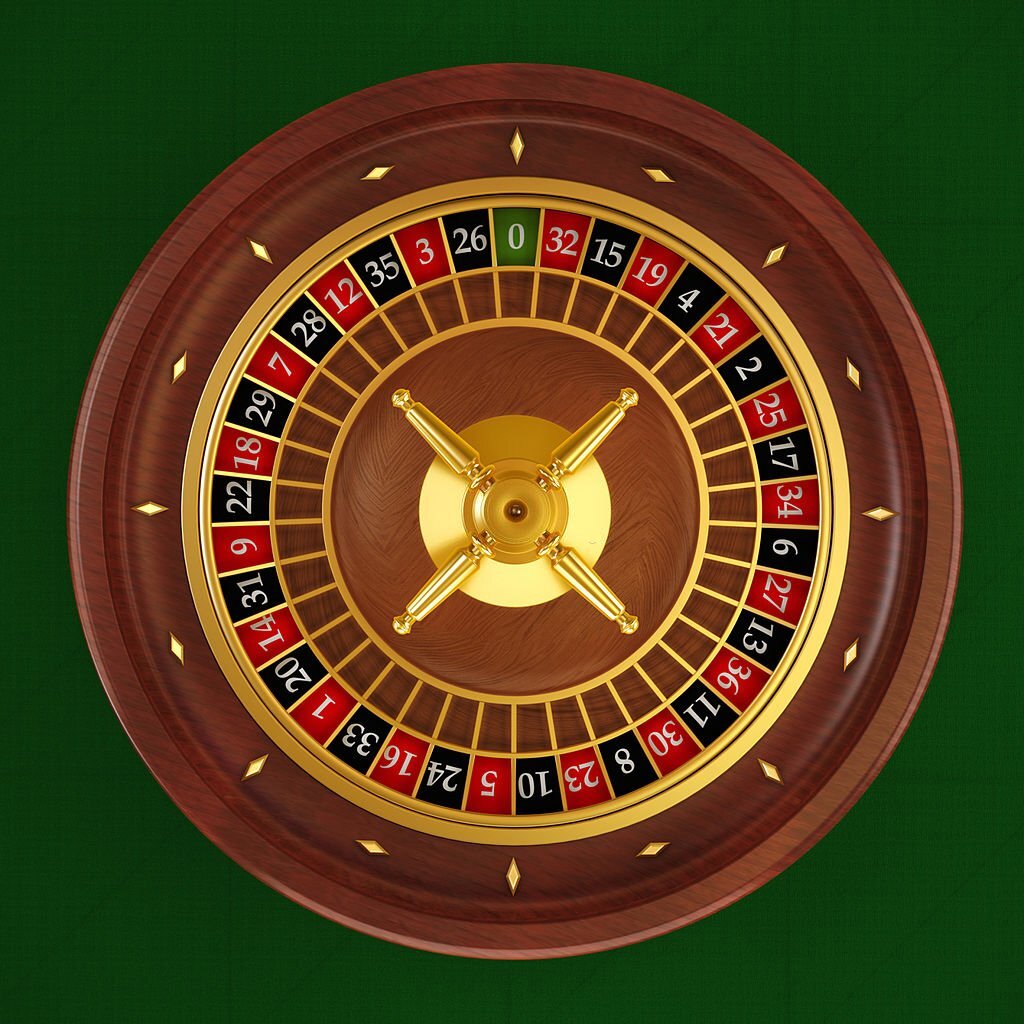Introduction
In the fast-paced world of iGaming, where excitement and entertainment are paramount, responsible gaming often takes center stage as a critical aspect of the industry. As iGaming professionals, it’s our duty to ensure that players can enjoy their gaming experiences responsibly while mitigating the risks associated with problem gambling. In this comprehensive guide, we’ll explore responsible gaming principles, their importance, and strategies for player protection.
Understanding Responsible Gaming
Responsible gaming, also known as responsible gambling, refers to a set of principles and practices aimed at safeguarding players and promoting a safe, fair, and enjoyable gaming environment. It involves not only player protection but also ethical conduct by iGaming operators. Let’s delve into the key elements of responsible gaming:
1. Player Education
One of the fundamental pillars of responsible gaming is player education. iGaming professionals should invest in courses and training programs that help them:
- Understand Problem Gambling: Learn to recognize the signs of problem gambling and addiction, enabling early intervention.
- Communicate Effectively: Develop the skills to communicate responsible gaming information clearly and empathetically to players.
2. Self-Exclusion and Limits
iGaming platforms should provide players with tools for self-exclusion and setting limits on their gaming activities. Learning to implement and manage these features effectively is crucial for player protection. Professionals can take courses on responsible gaming tools and their implementation.
3. Age Verification and Identity Checks
Ensuring that players are of legal age is a fundamental responsible gaming practice. Professionals should be well-versed in age verification and identity checks to prevent underage gambling.
4. Fair and Transparent Marketing
Marketing responsibly is essential to avoid targeting vulnerable players. Professionals can benefit from courses on ethical marketing practices in the iGaming industry.
5. Support and Resources
iGaming operators should provide access to support services and resources for players facing gambling-related issues. Learning about available resources and how to connect players to them is crucial. Professionals can take courses on responsible gaming support services.
6. Regulatory Compliance
Compliance with responsible gaming regulations is paramount. Professionals should stay informed about the latest regulatory developments and take courses on iGaming compliance to ensure that their operations align with responsible gaming standards.
7. Player Risk Assessment
Professionals in the iGaming industry should have the skills to assess player risk factors. Courses on player risk assessment can help identify players who may be at risk of developing gambling-related problems.
8. Continuous Monitoring
Responsible gaming is an ongoing process. Professionals should continuously monitor player behavior for signs of problematic gambling and adapt their strategies accordingly. Learning how to implement effective monitoring systems is crucial.
9. Responsible Game Design
Game designers play a role in responsible gaming by creating games that are both enjoyable and fair. Courses on responsible game design cover topics like randomness, odds, and fairness in game development.
10. Ethical Leadership
Leaders in the iGaming industry should lead by example, promoting responsible gaming practices within their organizations. Leadership courses that emphasize ethical conduct and player protection can be invaluable.
Conclusion
Responsible gaming is not just a regulatory requirement; it’s a moral obligation in the iGaming industry. As professionals, we have a vital role in ensuring that players can enjoy their gaming experiences while being protected from the potential harms of gambling. Investing in learning and development related to responsible gaming is not only a professional responsibility but also a commitment to creating a safer and more sustainable iGaming ecosystem. By embracing these principles and continuously honing our skills, we can make a positive impact on player protection and the industry as a whole.

